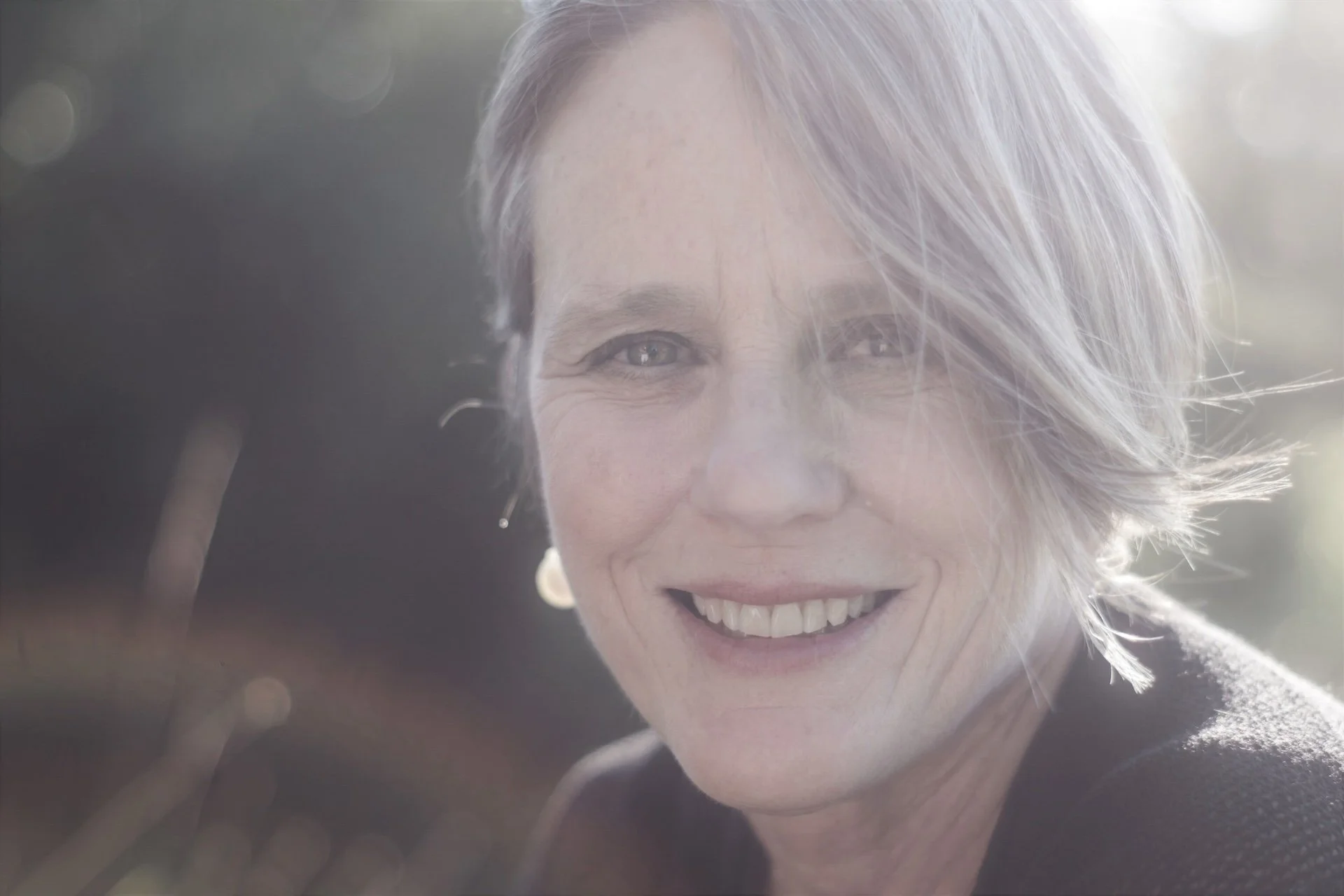About Lisa Bennett
Author | Speaker | Advisor
Creator of the Savor the World and
Staying Power Frameworks
As an author, speaker, and advisor, Lisa Bennett helps individuals, teams, and organizations strengthen the skills and spirit needed to navigate the inner challenges that arise during significant outer change. ‘
Her workshops, keynotes, and advisory relationships are designed to help people transition from overwhelm, reactivity, and exhaustion to alignment, commitment, and positive engagement.
Also an award-winning journalist and communications advisor, Lisa is the forthcoming author of Savor the World, co-author of Ecoliterate with emotional intelligence pioneer Daniel Goleman, editor of Women Amplified, and a contributor to The Compassionate Instinct and numerous other books.
Her Staying Power and Savor the World frameworks are based on hundreds of interviews with foundation presidents, purpose-led CEOs, mission-driven EDs, university presidents, neuroscientists and psychologists, Pulitzer Prize-winning authors, Nobel Prize-winning scientists, and everyday people who prove we are all capable of more than we think.
Lisa has partnered with organizations including the American Psychological Association, Brown University, California Academy of Sciences, Center for Ecoliteracy, Chambers for Clean Energy and Innovation, Conferences for Women, Cornell University, Earth Knowledge, the MacArthur Award-winning FrameWorks Institute, Human Rights Campaign, Packard Foundation, Protect Our Winters, Southern Poverty Law Center, Woods Hole Research Center, and others.
Her work has been featured in The New York Times, The Atlantic, Vox, Greater Good, Forbes, and numerous other outlets. She has appeared on TV and radio programs, including ABC and NBC-TV San Francisco, NPR, and the BBC. She has facilitated major events and spoken at the National Press Club and many other venues.
A former Harvard University fellow, Lisa holds a Bachelor’s Degree in literature and writing, and a Master’s Degree in international affairs from Columbia University. The mother of two, she is a native New Yorker who lives in California.
My Backstory
Once upon a time, when people asked me where I was from, I’d duck the question because my hometown felt like a place I was trying to escape. Now, I realize how profoundly it influenced my life’s direction and prepared me for the work I do today.
I was born in Levittown, New York, the first mass-produced suburb in the world. Our homes looked like Monopoly houses—largely identical and built in 27 steps. It was the brainchild of William J. Levitt, who applied construction skills he learned in the military to building affordable housing for a growing middle class.
Levittown was never my happy place. It wasn’t just the sameness of the houses that bothered me. It was what felt like a smallness and sameness of perspective it engendered.
As far as I could tell, many people seemed to care only about what happened on their one-eighth acre of land. I witnessed little curiosity or caring about the big glorious world beyond.
Of course, a teenager’s vantage point isn’t the most reliable. So, looking back now, I know there are many possible reasons that people seemed to keep their focus on their own lives; and I’m sure plenty of them did care about the larger world. But my formative impression was that most people didn’t. And I couldn’t for the life of me understand that.
I was immensely curious—and I cared deeply.
My Burning Question
I began to discover the world when I enrolled at Columbia University with a dream of becoming a foreign correspondent and seeing as much of the world as I could.
But along the way, I found myself caring about what was happening—what seemed both unjust and unwise—here in our own country: the racism, the homophobia, the gender inequality, the growing economic chasms, and, above all, the disregard for our natural environment.
The disregard for nature baffled me the most, given not only its beauty but also the countless ways in which our health and well-being—indeed, our survival and the survival of our children and grandchildren—depend upon it.
And so began a lifelong journey of questing after an answer to the big question: Why do some people work to solve problems while others stay on the sidelines?
What I Learned About Why Some People Step Up
As an author, award-winning journalist, speaker, and strategist, I’ve spoken with hundreds of people about this—everyday changemakers, experts in psychology and neuroscience, Buddhist teachers, parents, even extreme athletes.
I’ve also done some deep diving into my own heart and soul, often finding more similarities with those I struggled to understand than I would have imagined.
What I discovered was breathtakingly simple: Capacity makes the difference.
More specifically, our belief about our capacity to meet challenges determines whether we act or remain bystanders.
When we don’t believe we can make a difference, we tend not to try. When we do, we often step up—and, as research affirms, are rewarded with greater fulfillment and well-being than if we had stayed on the sidelines.
In these times—when the challenges we face as individuals, families, organizations, and communities are more consequential and complex than ever—I believe that cultivating our capacity to rise to challenges is one of the most important things we can do together.
This involves focusing on the skills that help us navigate outsized challenges—and sometimes elicits the happy recognition that our past has made us more ready to deal with present challenges than we may have thought.
